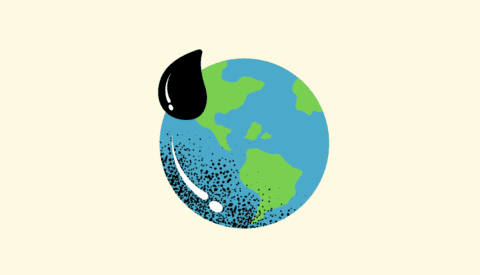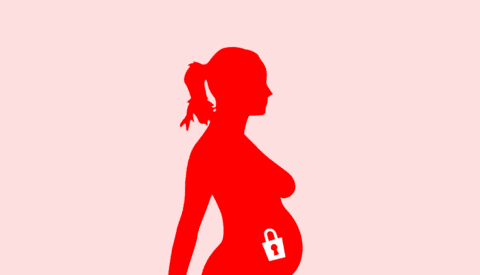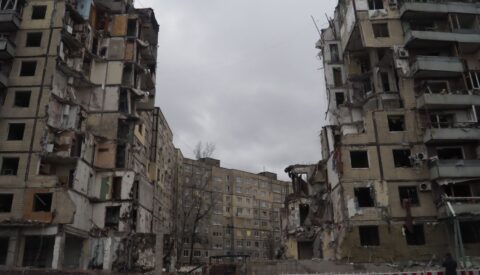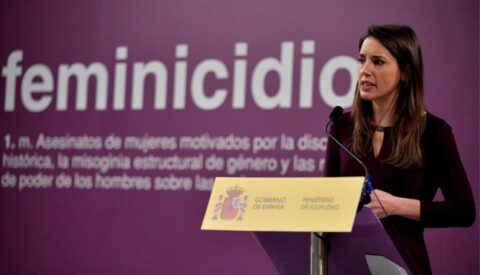Deadly Boost? Why A Spanish Region Is Banning Energy Drinks For Teens
The debate over the potential dangers of energy drinks, especially for young people, was revived recently in Spain, following a teenager's death in Madrid and the Galicia region's ban on sales to minors.
Article
2024
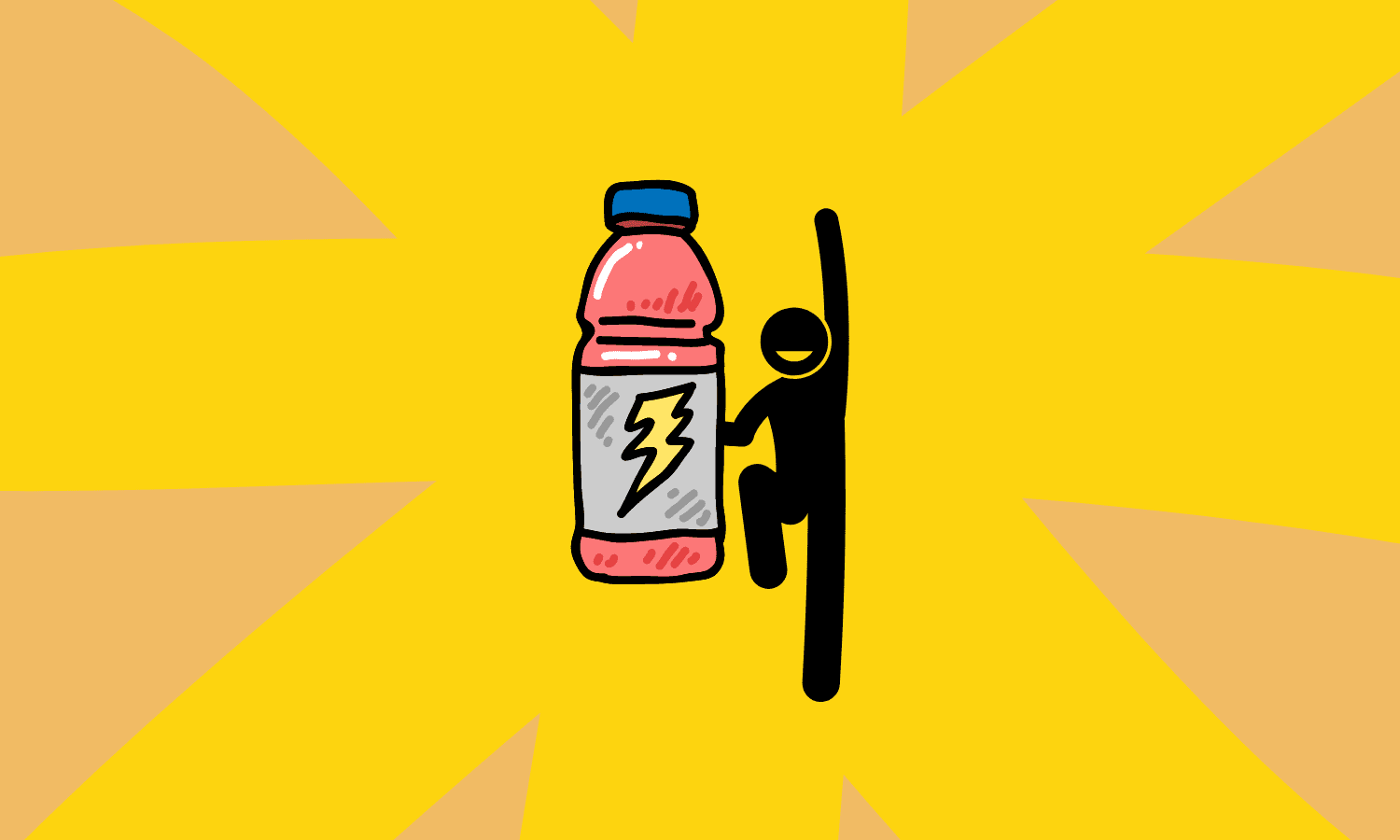
Article
They have vibrant colors, catchy names and promise mental and physical stimulation. Energy drinks «contain a large amount of caffeine and sugars as well other substances such as taurine, glucuronolactone, inositol and vitamins», according to the Catalan Food Safety Agency.
Consuming one energy drink is equivalent to drinking four cups of filtered coffee or two espressos at once. They are not alcoholic, which has led them to be perceived as less dangerous or suitable for any age group. Yet they contain stimulant compounds that can be harmful, especially for adolescents.
On the market for decades, energy drinks arrived in Spain a bit before 2000 and quickly became a favorite resource for students to stay awake during long nights of studying. Over the years, the offer has increased, making them a classic drink for teenagers. But they have also become controversial. And the death of a minor in Madrid in February 2024 – after allegedly drinking a can mixed with pink cocaine – recently revived the topic.
Dangerous drinks
Data show that the consumption of energy drinks by teenagers is not rare. In a 2018 study by the Barcelona Provincial Council, 30.9% of the province’s 10th grade pupils said they had consumed one of energy drink in the past week, while 11.9% drank one every day.
The latest Survey on Alcohol and Drugs in Secondary Education in Spain (ESTUDES), which is based on a broader geographical scope, also indicates that 47.7% of young people between 14 and 18 years old have consumed at least one energy drink in the past month, and that 19.5% did so by mixing the drink with alcohol. There is a slight gender imbalance: boys (54.4%) drink more than girls (40.7%).
The Spanish Observatory on Drugs and Addictions (OEDA) recalled that youth are one of the population groups most exposed to these drinks, as reported by La Vanguardia. And statistics from Spain’s National Drug Plan (PNSD) show that the popularity of energy drinks has grown over the past decade.
A recent study found that students who consume energy drinks have poorer academic performance
Yet this has consequences, according to the ESTUDES report, which found that students who consume energy drinks have poorer academic performance: they have lower grades, a higher rated of repeating grades and lower class attendance. The drinks can also lead the way to other substances; the report also established connections between their consumption and the shift to alcohol, tobacco and other drugs.
It’s not the first time these energy drinks have been talked about as a public health danger. As University of Murcia professor José Manuel López Nicolás argued in an article on The Conversation, they offer no health benefits, have too much caffeine, sugar and calories and can cause cardiovascular, endocrine, digestive and mental problems. In light of such data, is the greater regulation of energy drinks necessary?
A first in Spain
Last November, the Galicia region in Spain’s northwest, approved a bill that will regulate the sale of energy drinks and puts them in the same category as alcohol — the bill also put vaping devices at the same level as tobacco.
Starting in 2024, the «sale and consumption» of energy drinks will be prohibited for minors. They can no longer be advertised with teenagers as a target audience, nor can they be advertised or sold in health centers, educational and recreational areas or any space intended for minors.
In other points of sale, energy drinks cannot be distributed to minors and must be presented separately from soft drinks. When the start of the legislative process was announced, the Galician Secretary of Health stated that the goal was to «prevent rather than punish» and to raise awareness about the negative effects.
Other regional governments are following Galicia’s lead in addressing this health issue. Specific regulations are on the agenda in Aragon, the Balearic Islands, Castilla-La Mancha, Navarra and the Basque Country. And in the Valencian Community and Castilla y León, regulations are already in the works.
At the national level, Spain’s Consumer Affairs Ministry is working to limit advertising, which will come into effect within the framework of advertising regulations on unhealthy foods.
This content is part of a collaboration agreement of ‘WorldCrunch’, with the magazine ‘Ethic’. Read the original at this link.


